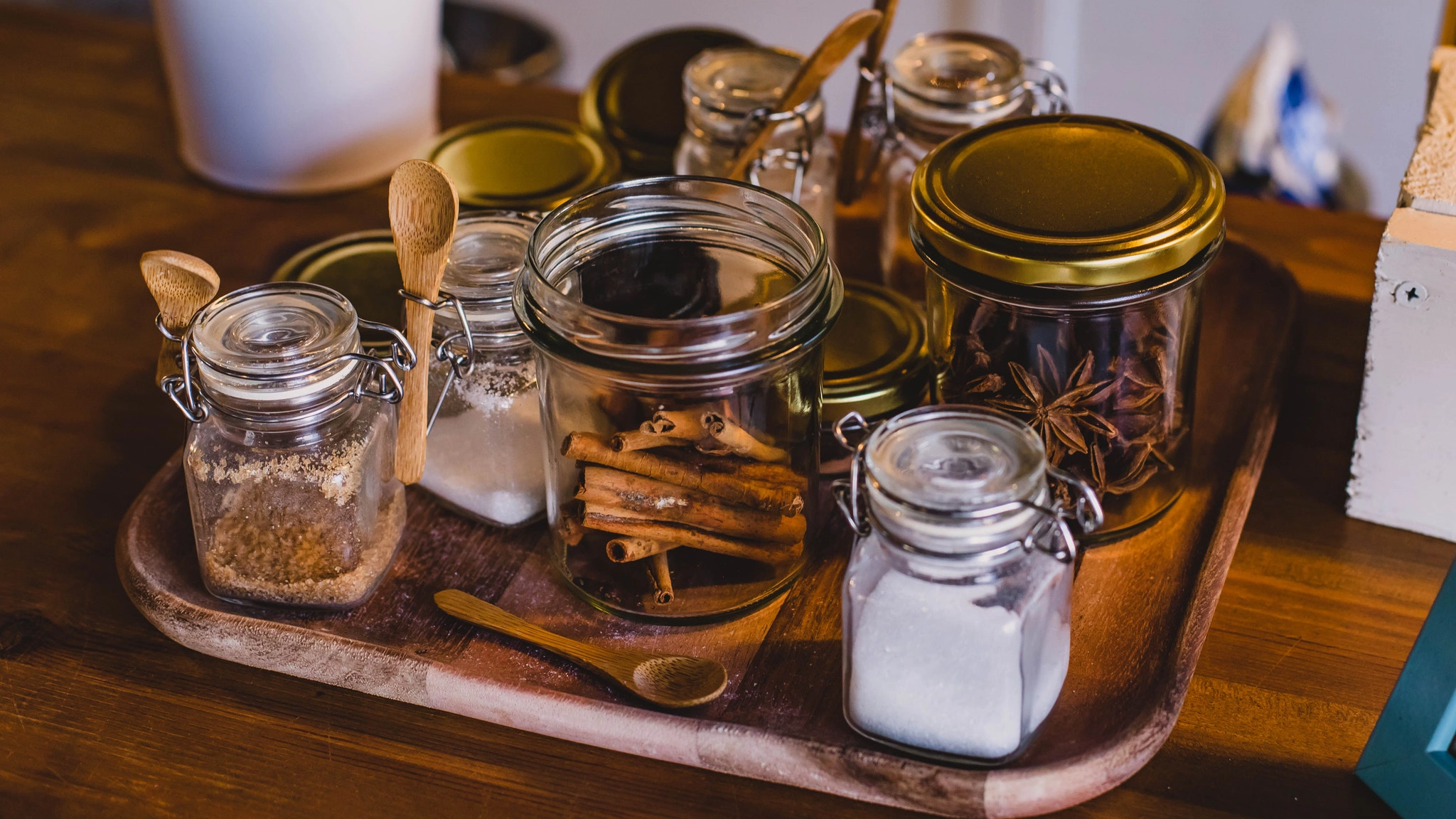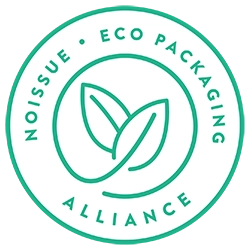Alternatives to plastic products – looking at Loliware, edible straws, and other options

Alternatives to plastic products – Loliware, edible straws, and other options
Plastic is bad, and by now, most of us know why. Single-use plastics, however, are a lot worse, because they can’t be reused and they’re a part of our everyday life, which adds up to a whole lot of waste plastic. Certain counties and organizations are starting to recycle, but we’re still a long way from overcoming the plastic problem.
While businessmen consider the viability of recycled plastic and scientists work on PETase, individuals are taking matters into their own hands and reducing their use of plastic. This is mostly done by finding products that don’t use plastic, and by switching to reusable materials where single-use plastics are the norm. In this blog we want to share some alternatives to plastic products which you might not have thought of. We’ll also take a look at Loliware and other similar brands which are creating plastic alternatives – including our brand, which sells edible straws.
Alternatives to plastic products
Here are some practical plastic alternatives that you can use to minimize the amount of plastic you purchase, and subsequently throw out in the trash. Every little bit counts!
1. Paper covers
A lot of items come wrapped or encased in plastic, which makes for pretty packaging and extends their shelf life. However, some items can work with paper packaging as well. Toiletries such as soap, toothbrushes, makeup and others are available in paper packaging from some brands. Once you’ve removed the packaging, you can toss it into your compost bin.
2. Buy food from the bulk section
The bulk section has large bins that you can measure out items from, and you can then take them home in cloth bags or whatever you bring with you. This is an excellent way to cut back on some plastic. So the next time you head out to buy some pasta, head to the bulk section with your reusable bag and containers, or something like a sack for flour.
3. Use glass jars in the pantry
So you’ve bought food items in bulk. Now how do you store them for daily use? In glass jars! Instead of using plastic containers (especially for spices and such), use glass or metal containers instead. They’ll look great, and they can be used for years. For organizing your pantry, consider metal containers (such as stainless steel) instead of Tupperware. It’ll give your pantry a delightful old-timey look.
4. Loliware, edible straws, etc.
Loliware shot into the spotlight after it appeared on Shark Tank. However, it isn’t the only company out there offering plastic-free cutlery, straws and plates. You can get edible straws (from us!) if you won’t be reusing them, or you can take your pick from various different brands that sell reusable products. Loliware has edible cups that seem promising.
5. Plastic-free fabrics
A lot of fast fashion brands use plastic in their fabrics. Materials such as polyester, nylon, polyamide and acrylic contain plastic – and so do many others. You do reuse them, but switching to sustainable, organic fabrics would certainly be better in the long term. Opt for materials such as cotton, hemp, linen, wool, and silk.
6. Reusable sanitary products
This one’s for the ladies. Instead of using disposable pads and tampons, switch to reusable menstrual products. Cloth pads and menstrual cups can be washed and reused for years, and they’re a lot more comfortable than their disposable alternatives! The Diva Cup is a popular product, and companies such as GladRags sell reusable pads at affordable prices.
7. Drink water from the tap
Single-use plastic bottles contribute largely to the plastic problem. If you drink even one bottle of water a day, that’s thirty bottles a month! So say no to plastic, and drink tap water instead. Install a water filter in your home if necessary. If you’re used to a certain taste tap water may take some getting used to, but you’ll be glad you made the change!
8. Soda water makers
Soda water is a healthy alternative to soft drinks, but if you drink it regularly you end up throwing a lot of plastic bottles in the trash. So buy a soda water maker instead! Brands like SodaStream sell affordable little machines that you can use to make soda water at home. You can also flavor the water as per your preferences, if you’re finding the switch from soft drinks to water hard.
9. Reusable coffee cups
If you like to get coffee from a store near you, buy a reusable coffee cup. Brands such as Stojo offer reusable cups that come with a lid, and these can be washed and reused. Many coffee stores (such as Starbucks) also sell these. They can be a little inconvenient since you’ll have to bring a dirty cup back home to clean, but the effort is completely worth it.
10. Refillable fountain pen
If you’re a student, writer or even an artist, use fountain pens instead of other varieties. A high-quality pen will last you years. You need one that can be refilled manually rather than one that uses cartridges, so your plastic usage is zero. Get some quick-drying, waterproof ink and a reusable glass bottle, and you’re all set for a couple months or years, depending on how much you write.
11. Buy detergent in boxes
Detergent powder comes in cardboard or paper boxes, which are easy to store. Buy these instead of detergent pods or large plastic packets, for an eco-friendly clothes washing experience. Avoiding pods is an especially good idea, since those have become a safety hazard for children.
12. Glass milk bottles
Do you buy milk in a jug from the supermarket? Switch to a service that provides fresh milk daily (or as often as you need) in glass bottles instead. You’re supposed to empty the bottle, wash it, and put it outside to be taken back the next day, so the bottles are continually reused. The milk is delivered straight to your doorstep, which is convenient.
13. Dishwashing bars in paper packaging
Buy dishwashing bars instead of liquid detergent, and you’ll find that a lot of these come in thin paper packaging that decomposes easily. You’ll have to change your dishwashing habits slightly, but you’ll prevent a lot of plastic from going to landfills. If you have a dishwasher, however, this may not work.
14. Paper packaging for pulses, nuts and rice
Farmer’s markets and certain stores measure out the quantity you want and pack it for you on the spot. When you go to such a place, take paper sacks with you so you can bring your food items home in paper sacks instead of in plastic. Paper is breathable, and good for keeping pulses, rice, and certain types of nuts in for short periods.
15. Glass bottles for spices and condiments
Do you use a lot of oregano? What about mustard or tomato ketchup? You can usually find these in glass bottles fairly easily. They store just as well in glass, and you’ll be able to reuse the container or bottle afterwards. If it’s something you can make at home (e.g., grounded pepper or lemon juice), it may be worthwhile to get them fresh rather than in a bottle. A lemon cut in half will last days, if not weeks, in the fridge.
So these were some alternatives to plastic products. There are hundreds more, and every year companies devise new ways for people to avoid plastic. Seek out eco-friendly companies such as Flewid Friendly, Loliware, GladRags and Stojo, and buy products mindfully. Be sure you’re buying something that suits your needs and wants – because if you have eco-friendly materials at home but you don’t use them, you aren’t helping anyone.

